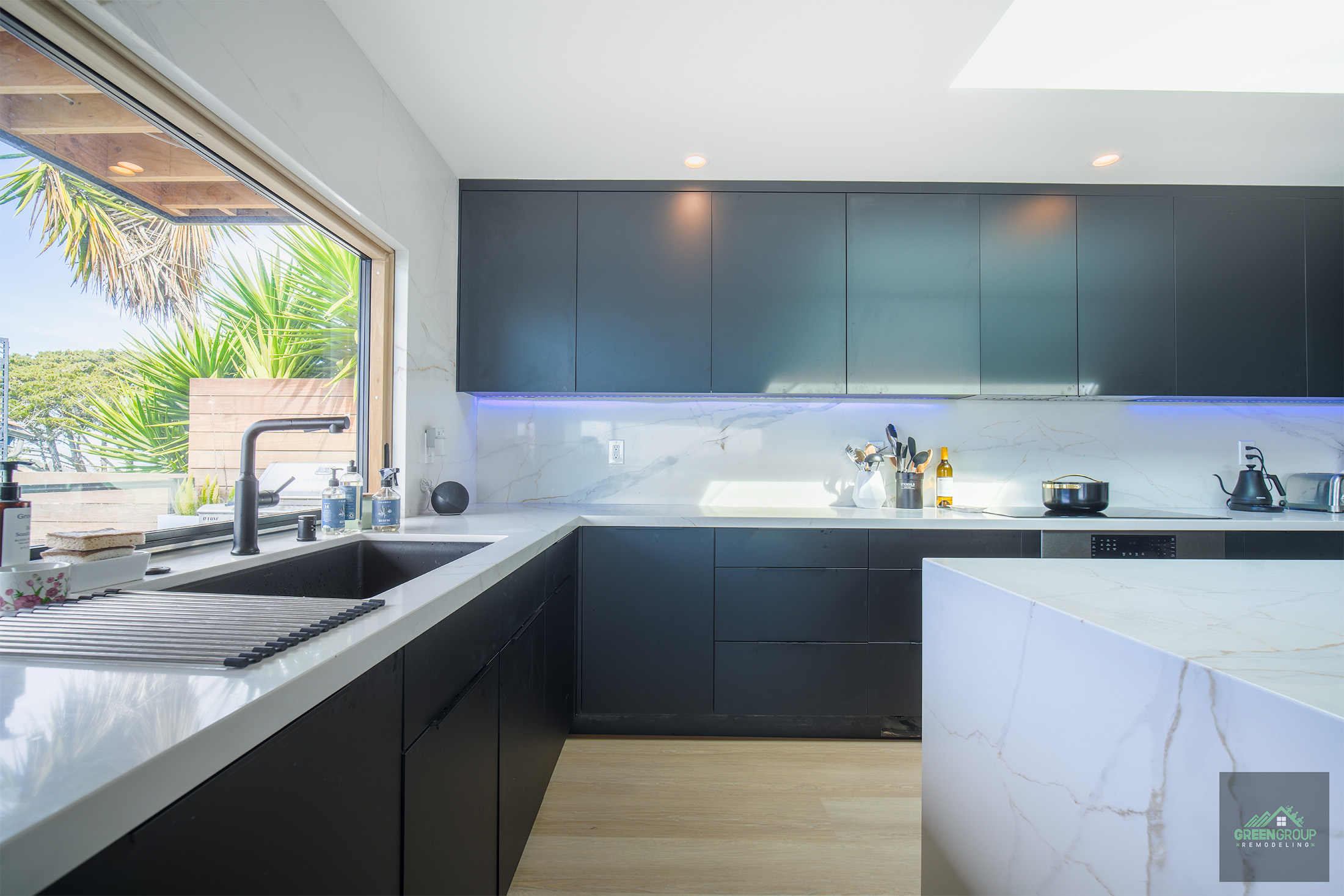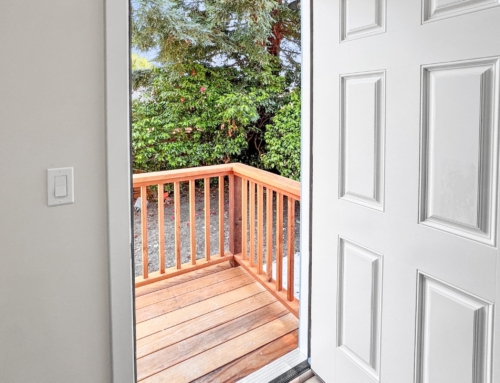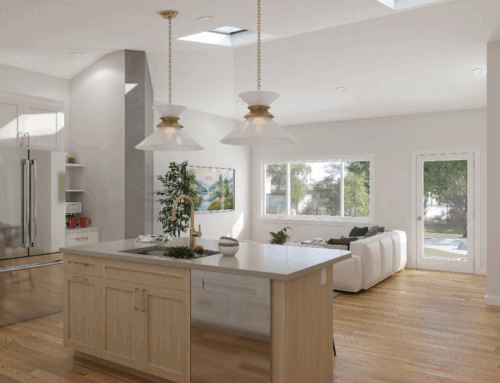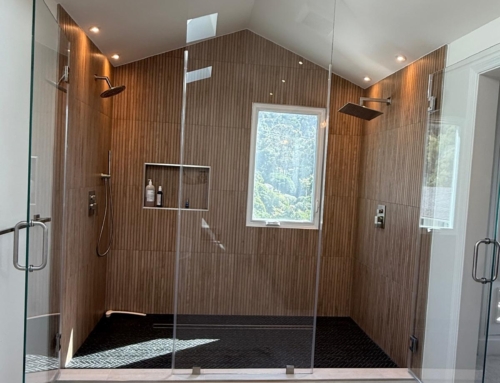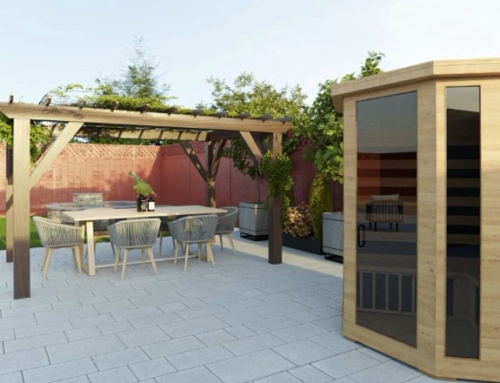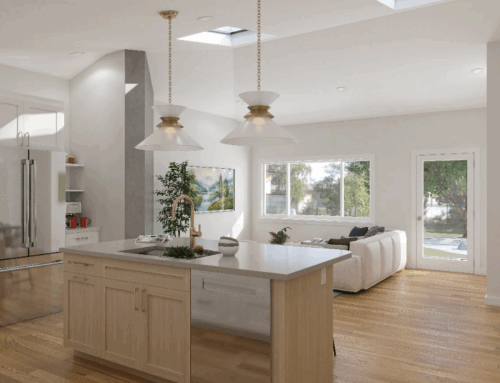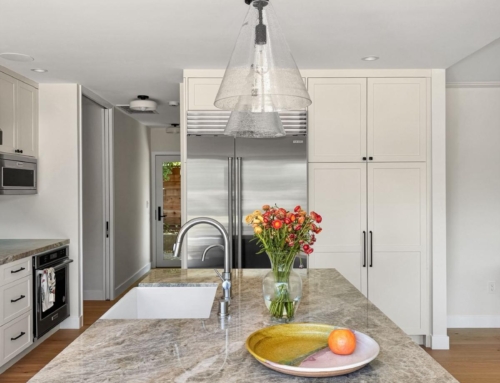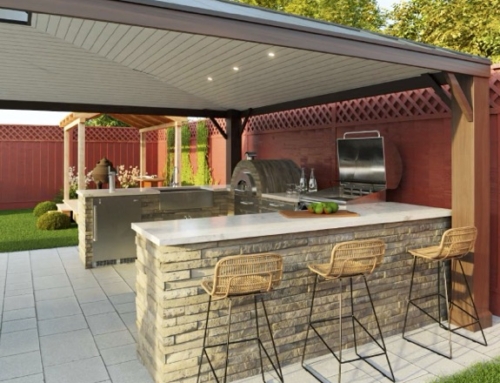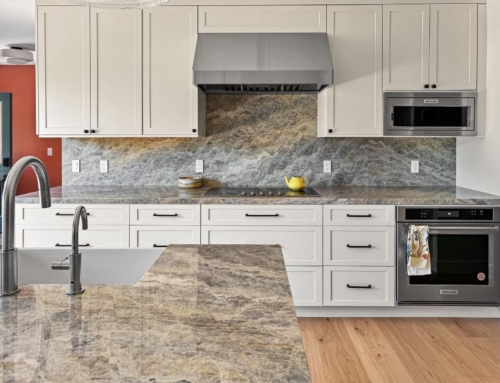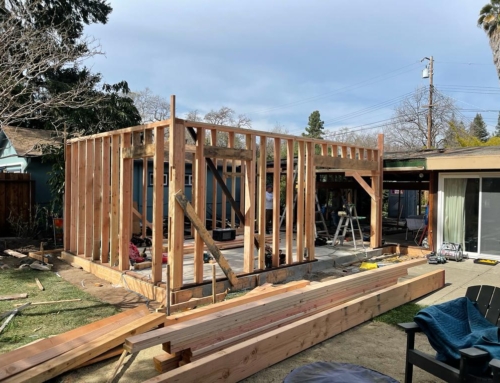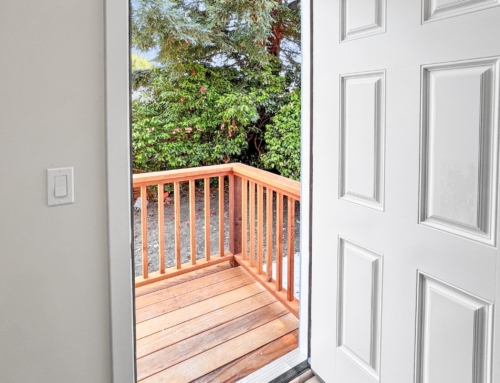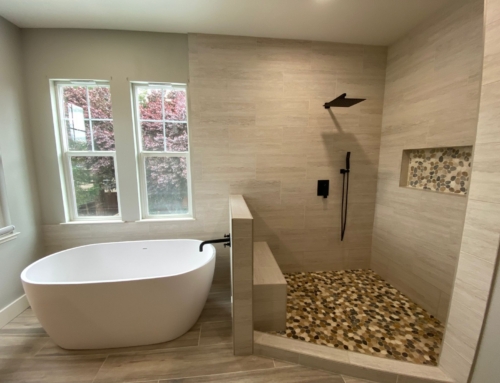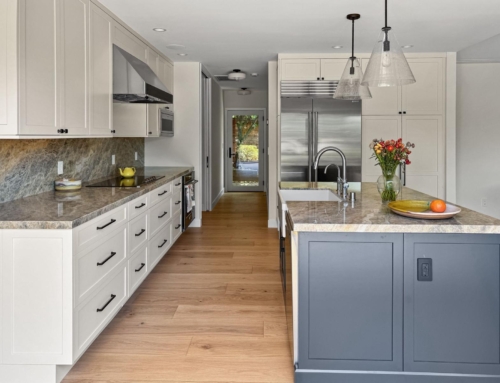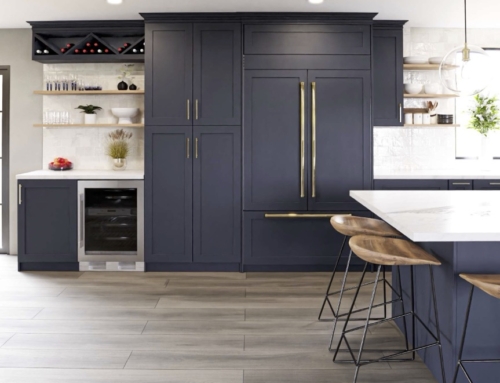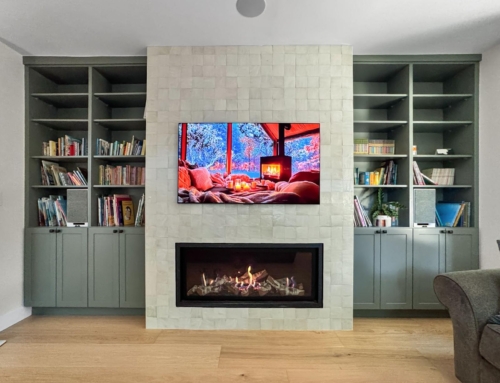Expanding your living space by adding a room to a house can be an exciting prospect, but it’s a big decision that requires careful consideration. Whether you’re feeling cramped in your current home or just looking for a change, the decision between extending your existing space and moving to a new home isn’t one to take lightly. Here are some critical questions to ask yourself when deciding whether adding a room is worth it, ensuring you consider all financial, strategic, logistical, and emotional factors involved.
1. What Are My Financial Constraints While Adding a Room To A House?
Can you afford the necessary construction without endangering your financial stability? Remember, home additions can be costly, often more than initially expected due to unforeseen expenses like architectural services, building permits, and construction delays. Compare this cost against the price of purchasing a larger home. Which option gives you more value for your money?
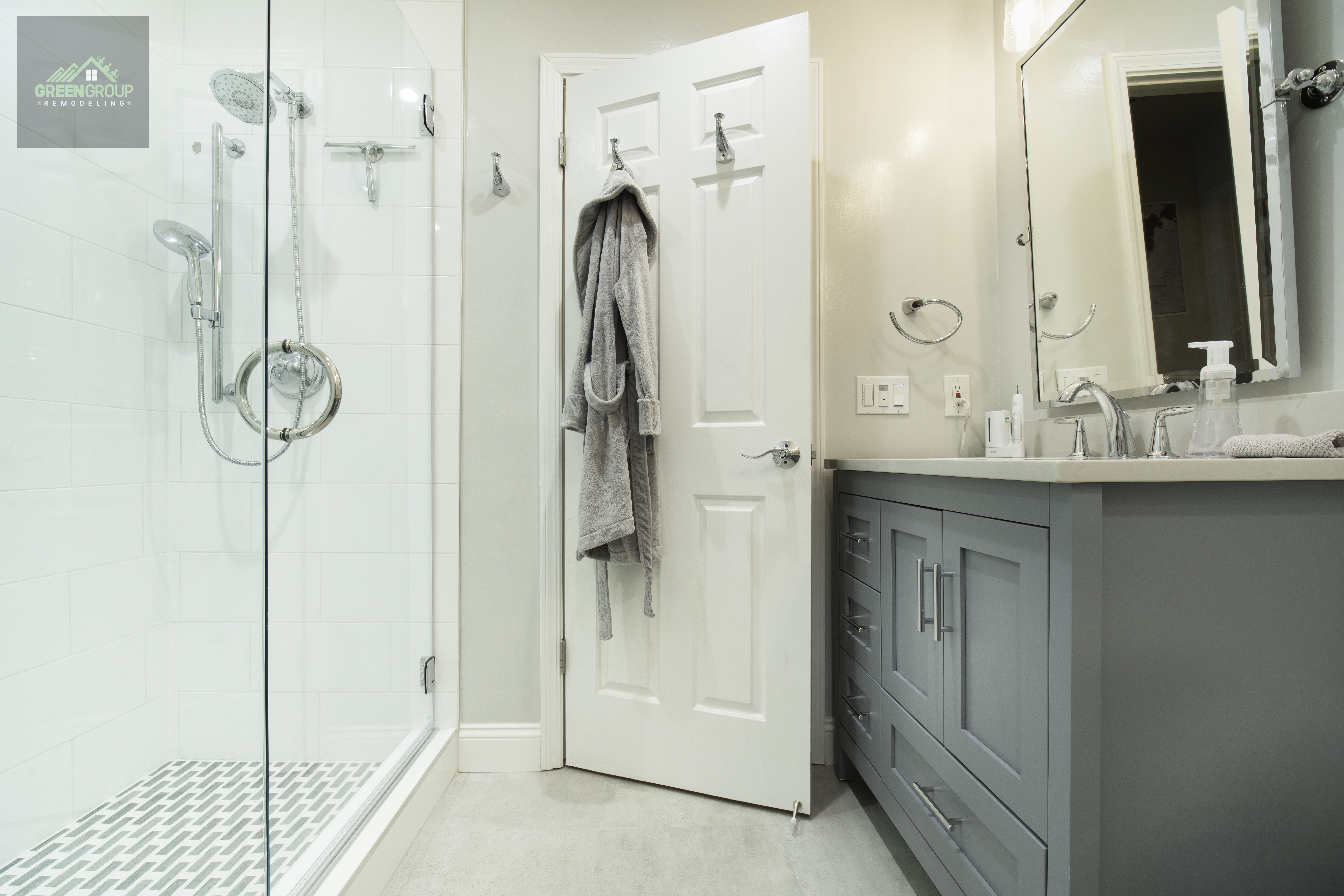 2. How Will The Addition Affect My Home’s Value?
2. How Will The Addition Affect My Home’s Value?
Adding a room to your house can increase its market value, especially if it adds functional living space such as a bedroom or bathroom. However, the actual impact on your home’s resale value can vary based on current market trends and the quality of the construction. It’s advised to consult with real estate professionals to get a realistic estimate of how much value the addition could add to your home.
Beyond the monetary implications, it’s crucial to consider the value that the additional space will bring to your family’s quality of life. While harder to quantify, the benefits of enhanced living conditions can significantly contribute to the overall satisfaction and comfort of your household. Whether it’s providing the necessary space for a growing family, enabling the pursuit of hobbies and activities, or simply offering a sanctuary for relaxation, these aspects create a sense of home and well-being that should not be overlooked. When considering an addition, reflect on how this new space will be used and the potential it has to transform your daily life. While these benefits may not directly translate into financial gain, they are invaluable when evaluating the overall worth of the project.
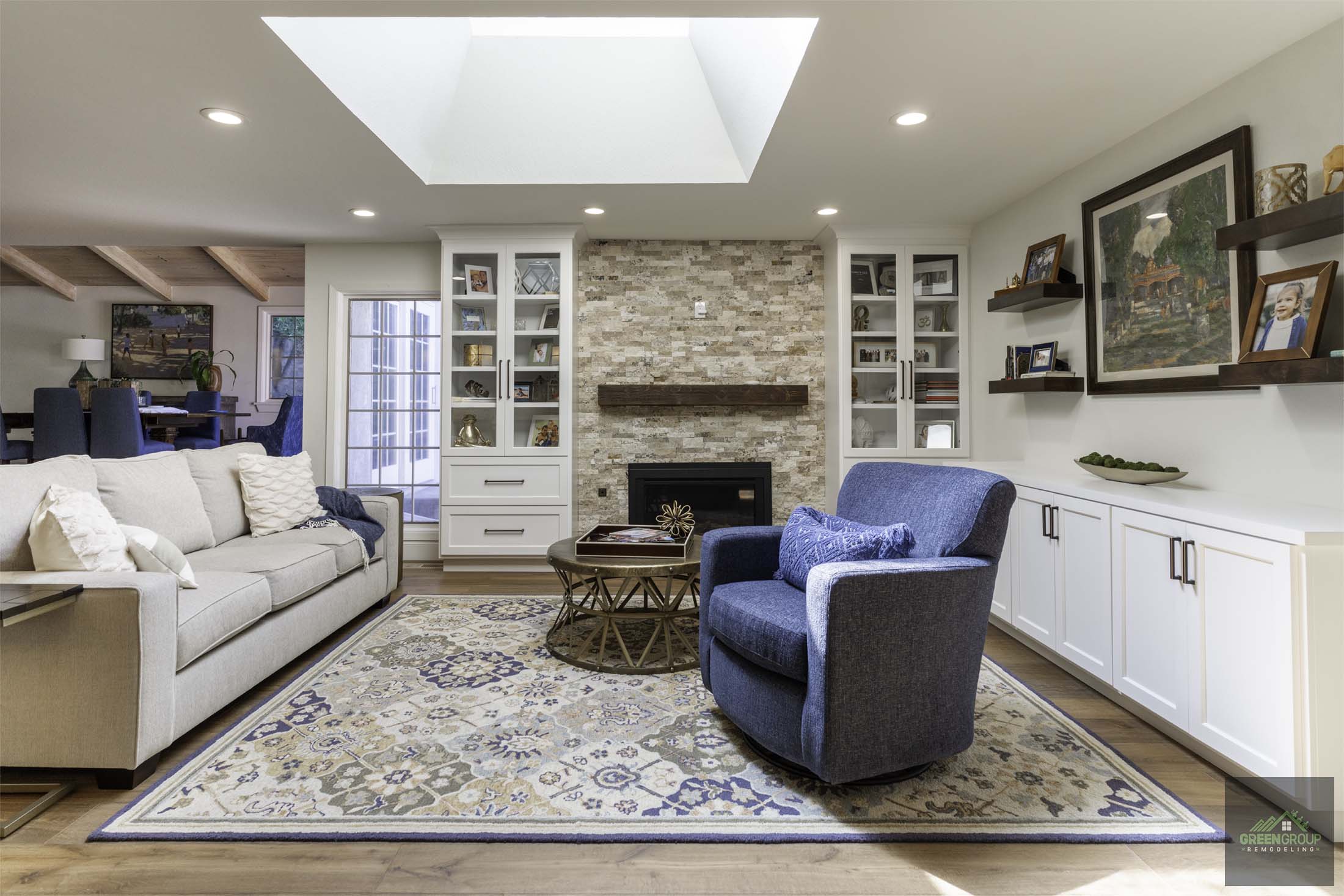 3. Is My Current Home Suitable for an Addition?
3. Is My Current Home Suitable for an Addition?
Evaluating whether your current home is suitable for an addition involves several structural, legal, and practical considerations. Initially, it’s essential to examine the foundation and support structures of your existing home. Can the foundation accommodate the additional weight of a new room? This is particularly crucial if you’re considering a second-story addition, as the existing structure must support the new load without compromising stability.
Next, assess the layout and space of your property. Look at your home’s blueprint or have a professional assess where load-bearing walls are situated, as these will be critical in determining where you can feasibly expand. It’s also important to consider the placement of your utilities—such as water, gas, and electricity. Adding a room where these utilities need to be extended or relocated can significantly increase costs.
Zoning laws and property lines also play a critical role. Check with local building authorities to understand the regulations concerning property setbacks, height restrictions, and lot coverage limits. Sometimes, zoning regulations may limit your ability to expand in certain directions or require specific types of construction methods or materials.
Additionally, consider the access to construction areas. Is there enough space around your property for construction equipment and materials to be easily moved and stored during the building process? This can affect the feasibility and overall cost of the project, as limited access might complicate logistics and extend timelines.
Finally, it’s wise to consider the age and condition of your home. Older homes may have structural limitations or may require upgrades to electrical and plumbing systems to meet current building codes when an addition is constructed. These updates can add unexpected costs and complexities to your project, if you don’t plan for them, when adding a room to a house.
4. How Long Do I Plan to Stay in My Current Home?
Think about how long you plan to stay in the home. Adding a room to a house might be worth it if you’re planning to stay long-term, but if you’re likely to move within a few years, the investment might not have enough time to appreciate in value to recoup the costs. Longevity in your current home can justify the initial expense of an addition, as it allows more time for the property value to grow in line with local real estate trends.
If your room addition plans include adding a bathroom, this can significantly enhance the resale value of your home. Bathrooms are a key feature many prospective buyers focus on, and having an extra bathroom can make your property more attractive and functional, especially in family-oriented neighborhoods. This is particularly true for additions that create self-contained living spaces, such as a guest suite or a master bedroom with an en-suite bathroom. These types of additions not only improve daily living by reducing household congestion but also appeal strongly to buyers, potentially speeding up the sale and increasing the final sale price.
5. Will the Addition Meet My Needs?
Think about what you need from the additional space. Are you adding a room to a house to create a home office, an extra bedroom, or an expanded living area? Ensure that the planned addition meets your specific needs.
Home Office: In today’s remote-working world, a dedicated home office space has become a necessity for many. Adding a room to serve as a home office can provide a quiet, organized area separate from the home’s general hustle and bustle, boosting productivity and work-life balance. Consider aspects like natural light, sufficient electrical outlets, and soundproofing to enhance functionality.
Extra Bedroom: Whether accommodating a growing family or preparing for future guests, an extra bedroom can significantly increase your home’s utility and appeal. When planning this addition, think about its placement for privacy, access to a bathroom, and perhaps its potential dual use as a study or craft room, maximizing its utility.
Expanded Living Area: Creating more space for relaxation and gatherings can greatly enhance your home’s livability. An expanded living room or den is perfect for family movie nights or entertaining guests. Design this space with comfort in mind, perhaps including features like a fireplace, built-in shelving for books and décor, and large windows to bring in natural light.
Specialized Rooms: Depending on your interests and lifestyle, you might consider adding a room with a specific function such as a game room, a home gym, or a craft room. For a game room, include sound insulation to minimize disruption; for a gym, consider durable flooring and ventilation; and for a craft room, ensure there is ample storage and surface area for projects.
By clearly defining the purpose of your addition and tailoring its design to these needs, you ensure the new space will enhance your home’s functionality and your family’s enjoyment of the space.
6. What Are the Potential Challenges and How Will I Manage Them?
Adding a room to a house is an exciting venture that does come with its share of challenges, but with good planning, these can be easily managed. Here are some proactive steps to ensure the process goes smoothly:
Plan for Flexibility: While some delays are inevitable, whether due to weather or material availability, having a flexible timeline and a clear communication line with your contractor can help minimize stress.
Budget Smartly: To avoid unexpected costs, include a contingency fund in your budget. A good rule of thumb is to set aside an additional 10-15% of the total project cost for unforeseen expenses.
Quality Assurance: Choosing the right contractor is crucial. Opt for someone with a solid track record and positive customer feedback. Regular check-ins on the progress can also help maintain high standards throughout the construction phase.
Compliance and Permits: Ensure all construction plans are up to code and all necessary permits are obtained before breaking ground. This proactive approach will avoid legal issues and ensure that the project proceeds without interruption.
Minimize Disruption: Arrange your living space to accommodate the construction with as little disruption as possible. Simple measures like setting up a temporary kitchen or workspace can help maintain your daily routines.
By anticipating these areas and planning accordingly, you can look forward to a successful addition that meets your needs and enhances your home’s functionality.
7. How Do I Feel About My Current Neighborhood?
Your feelings about your current location should play a crucial role in your decision. If you love your neighborhood, its schools, community, and other amenities, adding a room to a house might be a better option than moving. Conversely, if you’re not tied to your current location, moving to a new area might offer more than just more space.
8. What Does My Family Think About the Decision?
Consider the opinions of your family members. How do they feel about the prospect of construction versus moving? Their comfort and happiness, as well as your own, are paramount. Ensure that everyone’s voice is heard in the decision-making process, as this change will affect everyone in your household.
Conclusion
Deciding whether adding a room to your house is worth it involves weighing multiple factors. It’s essential to carefully consider your financial position, the benefits and drawbacks in terms of property value, logistical challenges, and your emotional connection to your current home. By asking yourself these questions, you can make a well-informed decision that aligns with your long-term goals and family needs.
If, after careful consideration, you decide that adding a room is the right choice for your situation, don’t hesitate to seek professional help to ensure the process is smooth and successful. Green Group Remodeling is here to assist you with every step of your home addition project. Our team of experts will help you optimize your investment while ensuring the new addition blends seamlessly with your existing space. Contact us today and start planning your home transformation with confidence.

